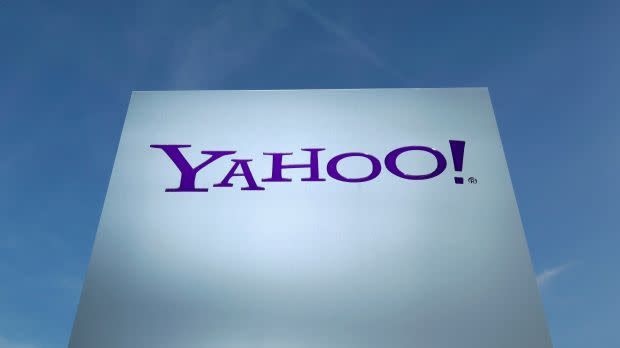Yahoo is the third major US tech platform to exit China in the past month

Yahoo announced today (Nov. 2) that it will no longer operate in China as the country tightens data and privacy regulations that are making it increasingly difficult for US companies to operate there.
“In recognition of the increasingly challenging business and legal environment in China, Yahoo’s suite of services will no longer be accessible from mainland China as of November 1,” the tech and media company said in a statement. Yahoo has been downsizing its operations in China for years and its email and news services have not been operating in the country since 2013.
The move by Yahoo is the third exit by a major US tech platform from China in a month, following LinkedIn’s decision to remove its site on Oct. 14 and Epic Games’s Nov. 1 announcement that it will stop testing a Chinese version of the video game Fortnite. The exits come as China’s president Xi Jinping pursues a tech crackdown that has affected both domestic and foreign companies.
China’s new data and privacy law went into effect this week
China’s Personal Information and Protection Law, which took effect yesterday is part of a series of sweeping measures instituted by the Communist Party to tighten regulations of the country’s private sector. This most recent law seeks to regulate the way technology companies collect biometric data and personal information on users.
While Yahoo didn’t mention this particular law when it announced it is pulling out of China entirely, the new privacy regulations are expected to have a major effect on the way tech companies operate in the country. Companies that don’t comply with the new data and privacy regulations could be fined up to 5% of their last year’s turnover, and even data processing activities that happen outside of China are subject to jurisdiction.
“There’s just so much uncertainty now with media and tech companies in China that it doesn’t make a lot of financial sense to maintain such a large presence when you run into so much red tape,” said Brandon Hughes, the founder of consulting group FAO Global. He added that it likely doesn’t help that Yahoo’s business has been declining for some time. Although Yahoo was only worth about 1% of its peak valuation when Apollo Global Management bought the firm in May, the company claims 900 million monthly users for its email and sites that focus on sports and finance.
In an Oct. 14 blog post, LinkedIn said it had decided to sunset a localized version of LinkedIn in the country due to a “significantly more challenging operating environment and greater compliance requirements in China.” Epic Games didn’t offer a reason for why it was shutting down Fortnite servers in China, but the country’s targeting of the video game market may have something to do with it. In August China announced young people under 18 would only be allowed to play video games for three hours each week.
Tech crackdown is more focused on Chinese firms
Despite the recent exit of a few US tech firms, Hughes said China’s tech crackdown is likely more focused on the growing political influence of the country’s own tech giants than anything else. In July China blocked the ride-hailing app Didi from app stores after accusing it of improperly collecting users’ personal data just shortly before it was set to IPO in the US. Alibaba’s IPO was also thwarted after its powerful chief Jack Ma criticized Chinese government officials in October 2020.
“I think the CCP is taking advantage of this incredibly disruptive period to pack in regulations that were long overdue,” Hughes said of the new rules, but added the public influence of the company’s tech leaders likely catalyzed China’s regulatory plans. “It’s becoming a political situation as these companies are taking a stance on certain government policies,” he added.
Sign up for the Quartz Daily Brief, our free daily newsletter with the world’s most important and interesting news.
More stories from Quartz:
